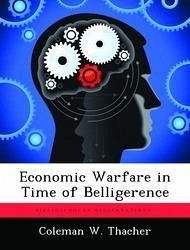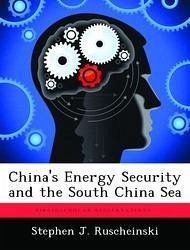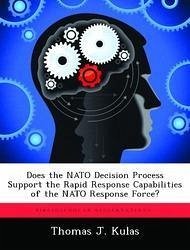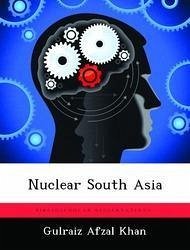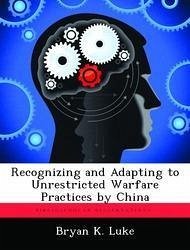
Recognizing and Adapting to Unrestricted Warfare Practices by China
Versandkostenfrei!
Versandfertig in über 4 Wochen
52,99 €
inkl. MwSt.
Weitere Ausgaben:

PAYBACK Punkte
26 °P sammeln!
In 1999, two Chinese Colonels published a concept paper which advocated that China adopt an #65533;Unrestricted Warfare#65533; (URW) strategy to respond to U.S. power and military superiority. Over the last 10 years, the Chinese government seems to have implemented elements of this strategy to erode U.S. world power and influence. Due to its cultural, doctrinal, and legal biases and constraints, the United States has experienced difficulty in recognizing and responding effectively to URW practices. If the U.S. hopes to deter, prevent, and/or respond to all forms of current and future URW threa...
In 1999, two Chinese Colonels published a concept paper which advocated that China adopt an #65533;Unrestricted Warfare#65533; (URW) strategy to respond to U.S. power and military superiority. Over the last 10 years, the Chinese government seems to have implemented elements of this strategy to erode U.S. world power and influence. Due to its cultural, doctrinal, and legal biases and constraints, the United States has experienced difficulty in recognizing and responding effectively to URW practices. If the U.S. hopes to deter, prevent, and/or respond to all forms of current and future URW threats, it must make policy and organizational changes within its government and the military. A primary reason why the U.S. is experiencing difficulty in adapting to URW practices is the difference in the thoughts and approach to warfare by the U.S. and the Chinese. The American way of conducting warfare has been greatly influenced by European authors and militaries that advocate that warfare as a physically violent action to compel an enemy to bend to your will and agree to your terms. Therefore, America fights wars of attrition and annihilation against its opponents and is best prepared for combat against symmetrical, regular enemy forces rather than asymmetrical ones. As with America and the West, the Chinese way of war is greatly influenced by its history and culture. The teachings of Confucius and Sun Zi, are of particular significance. These men taught obedience to the state, the primacy of relationships over law, and the importance of deception and surprise in warfare and the affairs of state. As a result, Chinese military and civilian leaders often prefer an indirect approach in warfare and in its dealings with other nations.





